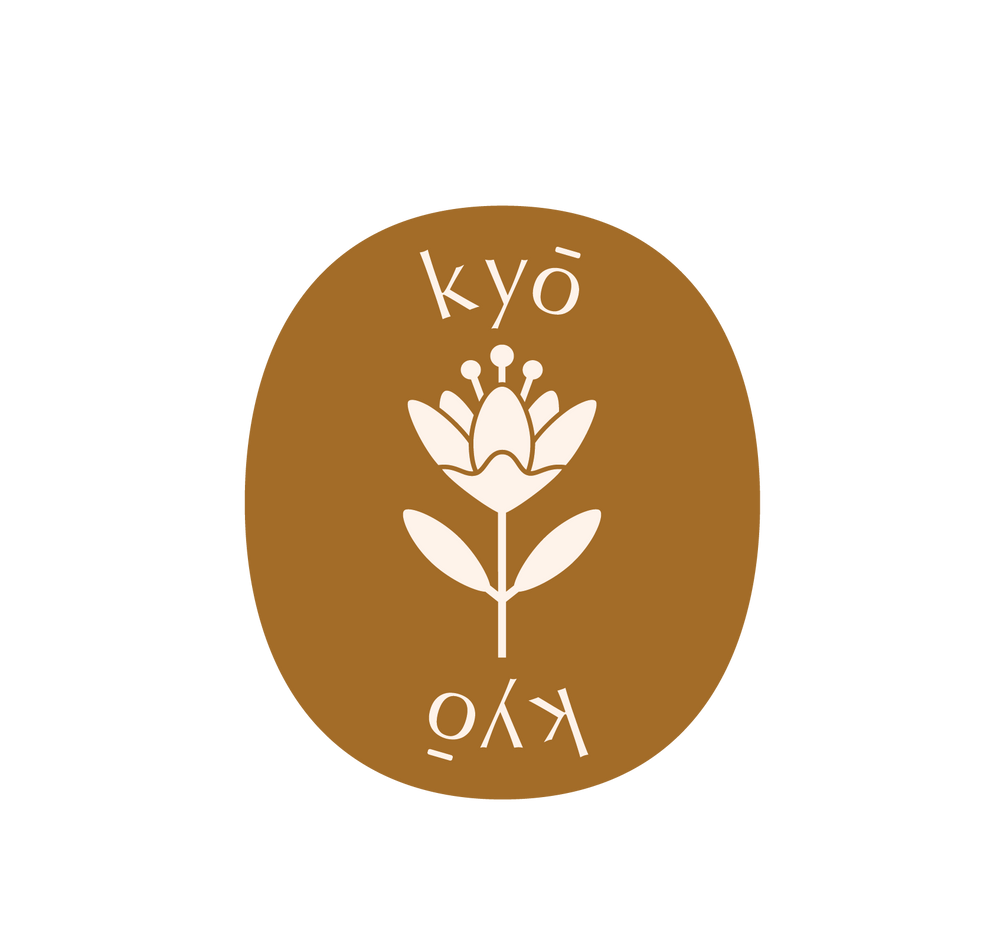

Baserange Loulou Skirt in Burgundy Melange
Product Details
Elastic waistband
Two button down slits
100% Organic Cotton
Made in France
Model wears a size S

Material
Organic cotton
Origin: Brazil, India, Egypt
Certificates: GOTS, Oeko-Tex, OCS 100
- Cotton is a natural seed fiber.
- Cotton is the most common natural material used today in garment production. It is durable, breathable, absorbent, and soft. Cotton is ideal for dyeing and printing. The material is also biodegradable and hypoallergenic.
- Nearly all cotton is grown in rotation, but conventional cotton generally has a higher environmental impact. It requires a vast amount of water and depletes the soil. To increase production, harmful pesticides, and fertilizers are used, polluting the grounds and waters.
- Baserange sources organic cotton, as we want to ensure that no harmful chemicals are used in the entire production process, water consumption is controlled, water is not contaminated and workers' rights are also preserved.
- Organic agriculture uses agronomic, biological, and mechanical techniques instead of synthetic methods.
- Organic cotton supports good soil health and ecosystems and is not harmful to human health or the environment. No pesticides or fertilizers are used, as organic cotton relies instead on natural cycles and local conditions. Most of the organic cotton we use is also rain-fed and doesn’t require much irrigation. Organic farms also generally support more plant and animal species.
- There is also a lot of cotton that is certified organic, that may not actually be organic, as it is mixed with conventional cotton. Organic cotton claims of fibers are not always verified. This is because the demand for organic cotton is big, but the yields are not as large as from conventional cotton farms and droughts are becoming more common.
Care
We recommend a cold wash on a gentle cycle using natural detergent and hang drying for all our products. A colder wash saves electricity, the gentle cycle wears the fabric down less, natural detergent (especially with neutral PH) can retain the colour and elastane for longer and hang drying is easier on the clothing and the environment. Hand washing is always a good option too. If you are not separating delicates, use a laundry bag to protect the fabric from getting damaged. Look for a dense fabric for the laundry bag.
Naturally dyed garments are sensitive to sun exposure. To ensure colourfastness, do not dry or store in direct contact with the sun.
To reduce washes, we recommend airing or freezing your garments and spot cleaning whenever you have a stain. Airing helps in getting rid of the odour and you can do this by leaving your clothing outside overnight. Freezing gets rid of smell, mildew as well as moths and is effective when done for 6-12 hours. This helps keep clothing in better condition for longer and ensures the colours don’t fade.
Washing synthetic fibers releases microplastics into the water system, especially during the first washes, but washing the synthetic blend fabrics in a laundry bag that captures the microfibers allows you to dispose of the microfibers properly. You can also use a laundry ball or a washing machine filter.
Clothing can shrink about 5-7% in the wash.
Knits should be stored folded, as hanging knitwear can change its shape. Storing clean clothing with cedar wood or lavender in your drawers can help prevent moths.








